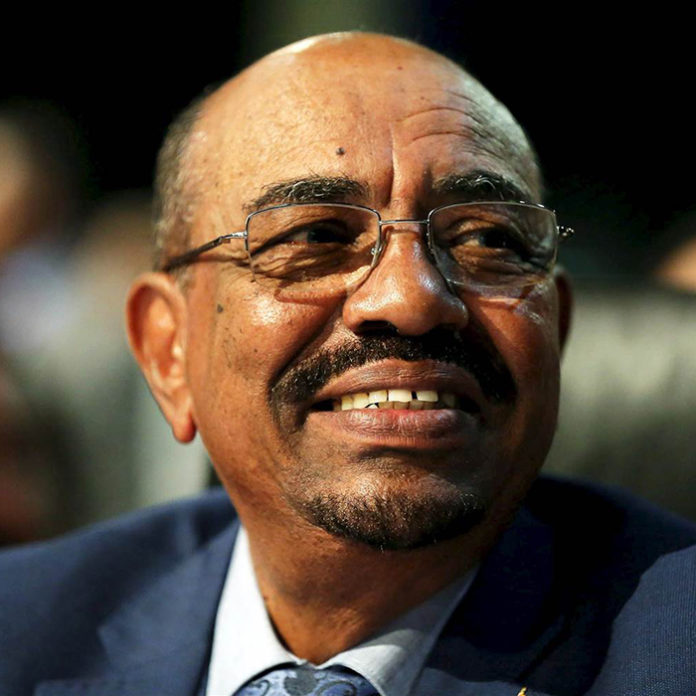
A provisional court order was issued on Sunday to prevent Sudan’s President Omar al-Bashir from leaving South Africa where he had been attending the African Union (AU) summit. This provision catapulted South Africa into the heat of the international news media’s spotlight.
Regardless of the effectiveness of this court order, the situation entwines South Africa, the AU, and the International Criminal Court (ICC) in a legal squabble, and a political and diplomatic controversy. Most crucially, as the Sudanese president was not arrested and handed over to The Hague, once again the ICC has come out looking like a toothless entity embroiled in political wrangling. It has further diminished its international image as an independent global body fighting the good fight.
Impaled upon the horns of a dilemma, South Africa had to choose between two diametrically opposed duties: Its obligation as an AU member state to support its fellow member state Sudan; or its role as a state party to the ICC with a duty to arrest and hand over Bashir. It appeared to have opted for the former when reports emerged on Monday afternoon that Bashir’s plane had left South Africa.
ICC in Africa
Respecting its responsibilities to the ICC by arresting Bashir would have meant a total violation of the AU’s repeated decisions of non-cooperation with the ICC on any cases related to Kenyan and Sudanese leaders.
In October 2013, an extraordinary AU summit was called to deliberate the role of the ICC within Africa. The member states agreed to fight the ICC, and its global influence, through diplomatic channels by appealing to the United Nations Security Council. They chose to limit the ICC’s mandate to take cases on any sitting heads of state and senior officials of governments across Africa.
To do this, they expanded the powers of a unified African court and called on countries to individually withdraw from the Rome Statute, which established the ICC. By honouring this AU decision, South Africa directly disregards its duties to the ICC, to the global community, and to its own judiciary’s decision that issued the court order, which restricts Bashir’s travel.
In doing so, South Africa faces a double-edged sword. As a country with democratic constitutionalism that respects the separation of state powers, including the independence of the judiciary, South Africa is expected to execute and enforce any decisions handed down by its courts.
Having failed to do so, the South African government will probably find itself entrenched in a domestic political dispute that may have far reaching consequences for the independence of its judiciary, and the overall stability of the country.
This post, by international human rights and humanitarian law specialist Mehari Taddele Maru, appears as an opinion piece published in Al Jazeera. To check out the full article, click here.
